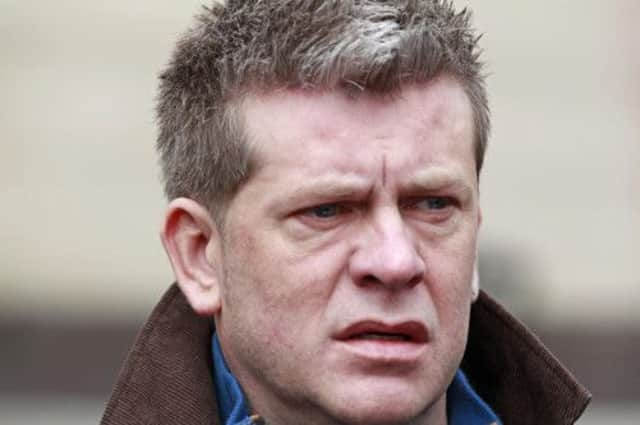Northern Ireland: Dying accused cleared of murders


Brian Shivers, 47, from Co Londonderry, walked out of Belfast Crown Court yesterday after being found not guilty of involvement in the dissident republican gang that shot sappers Mark Quinsey, 23, and Patrick Azimkar, 21, outside the Massereene army barracks in Antrim.
The acquittal in the non-jury case, coming after guilty verdicts at Mr Shivers’ original trial were quashed by the Northern Ireland Court of Appeal, means no-one has yet been successfully prosecuted over the March 2009 attack by the Real IRA.
Advertisement
Hide AdAdvertisement
Hide AdAfter the judgment by Mr Justice Donnell Deeny, in which he questioned elements of the forensic evidence presented by the prosecution, Sapper Azimkar’s mother Geraldine said she was in a state of shock. “It’s very hard to come to terms with Patrick’s loss when not a single person has been held to account,” a tearful Mrs Azimkar said. “It is as if his life did not matter.”
Sappers Quinsey, from Birmingham, and Azimkar, from London, were shot at close range by two masked gunmen as they collected pizzas outside the gates of the barracks on 7 March, 2009.
The soldiers, from 38 Engineer Regiment, were only hours away from deploying to Afghanistan and were already dressed in their desert fatigues. Two other soldiers and two pizza delivery men were seriously injured in the shooting.
Last year, Mr Shivers, who has cystic fibrosis and is not expected to live much beyond 50, was convicted of the soldiers’ murders and a series of other offences linked to the attack and sentenced to 25 years in prison.
Outside court, his solicitor Niall Murphy said: “Brian Shivers has suffered the horror of having been wrongfully convicted in what now must be described as a miscarriage of justice.”
The case against Mr Shivers was based on DNA evidence found on matchsticks and a mobile phone discovered in and around the abandoned, partially burned-out getaway vehicle used in the shooting.
However, Mr Justice Deeny agreed with the defence argument that the genetic traces linking Mr Shivers to the car did not prove he was involved on the night of the shootings.